
Inpatient and Intermediate Care
Hospitalist Program at Penn Highlands
When it comes to inpatient services, Penn Highlands hospitals offer a range of integrated care, intermediate care, and critical care services for patients throughout Pennsylvania. Patients needing inpatient services benefit from care overseen by expert hospitalists who are physicians specially trained to care for hospitalized patients and their unique needs. Some patients may require intermediate care while an inpatient. This is care that monitors your health and vitals more closely than in a general hospital unit. Whether you need inpatient care for a day or longer, all of our Penn Highlands hospitals offer inpatient services that prepare you to return home as quickly and safely as possible.
What Inpatient Services does Penn Highlands Offer?
Penn Highlands hospitals throughout Pennsylvania offer a range of inpatient services. In general, inpatient services can be broken down by various needs of care:
- Observation: Observation care typically means that a physician is not yet sure if you should be admitted for inpatient care and wants to keep you for observation to determine next steps. Patients under observation are often on the same floor as patients receiving inpatient or intermediate care.
- General inpatient: This is often referred to as inpatient care, floor care, integrated care, or medical/surgical care. This type of inpatient care is for patients recovering from surgery or from an acute illness or injury.
- Medical-surgical acute care: Penn Highlands Brookville Medical-Surgical Acute Care treats emergencies requiring acute surgical care, including trauma and acute surgical diseases. Our surgeons rapidly assess a patient’s condition and prioritize surgical procedures for safe, fast and effective treatment.
- Intermediate care unit: The Intermediate Care Units (IMCU) at Penn Highlands Elk and Penn Highlands Huntingdon provide state-of-the-art, multidisciplinary critical care services intended for patients whose medical conditions require close monitoring. These patients need a more intense level of care and enjoy a more individualized patient-to-nurse ratio.
- Intensive care unit (ICU): This floor, or area of the hospital, is reserved for the most critical patients who are facing fatal conditions and need 1:1 nurse attention. We offer ICUs at Penn Highlands Connellsville, Penn Highlands DuBois and Penn Highlands Mon Valley. For critically ill heart and lung patients, Penn Highlands DuBois offers a cardiovascular intensive care unit (CVICU) and a neonatal intensive care unit for premature babies and fragile infants who need close monitoring and care.
- Swing bed: The Swing Bed Post-Acute Rehabilitation Program at Penn Highlands offers patients in Brookville, Huntingdon, St. Marys, and Tyrone support to regain strength and mobility before leaving the hospital.
- Rehabilitation: The Rehabilitation Center of Penn Highlands DuBois and Mon Valley offer inpatient rehabilitation care for patients who require more multiple therapies in a day and who might not be ready yet for outpatient rehabilitation services.
- Inpatient behavioral health: Inpatient adult behavioral health units at DuBois, Huntingdon, Connellsville, Mon Valley, and Clearfield provide personalized care to adult patients with behavioral health conditions that are interrupting their daily living. DuBois also offers a child and adolescent inpatient behavioral health unit.
- Pediatric inpatient care: While every Penn Highlands hospital is able to care for infants and pediatric patients, our pediatric inpatient care unit in DuBois specializes in care for our youngest patients who require hospitalization due to injury, illness, or surgery.


Family Medicine
Hospitalists
Penn Highlands Elk
Penn Highlands Family Medicine - FoxA Service of Penn Highlands DuBois

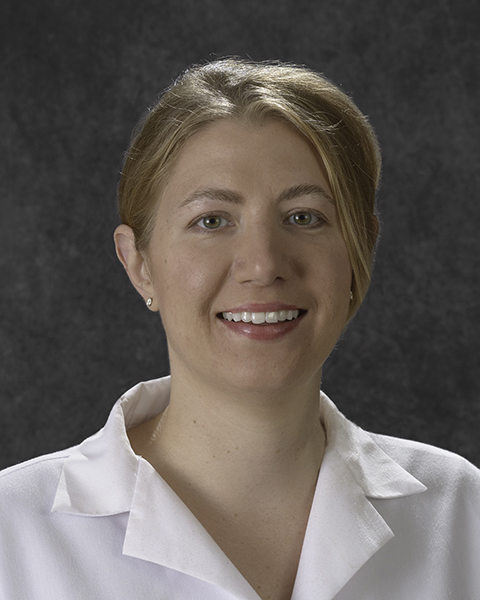
Hospitalists
Internal Medicine
Penn Highlands Mon Valley
Wladyslaw Bobak, MD
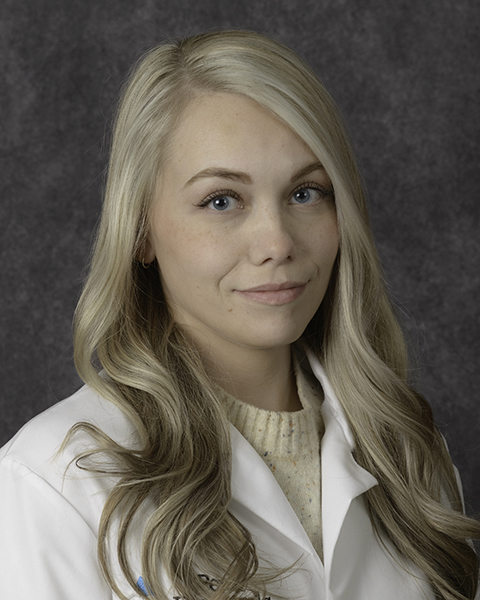
Emergency Medicine
Hospitalists
Emergency Department - Mon Valley
Penn Highlands Mon Valley

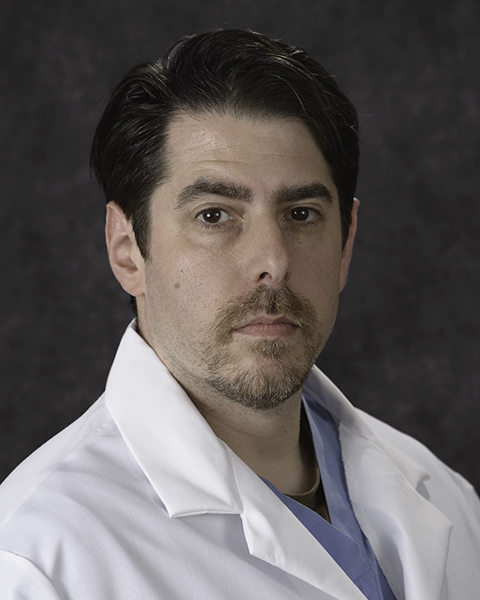
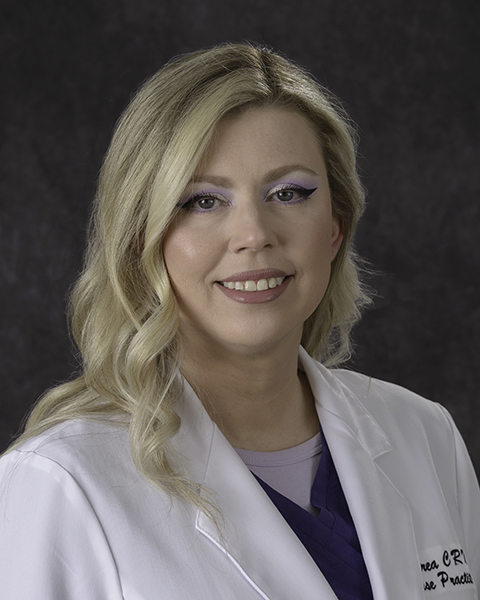
Adult-Gerontology
Hospitalists
Penn Highlands Connellsville
Penn Highlands Mon Valley



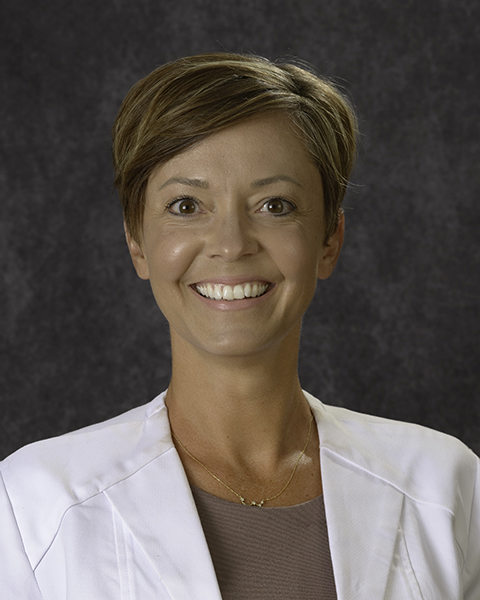

Hospitalists
Internal Medicine
Penn Highlands DuBois
Penn Highlands Internal Medicine - DuBoisA Service of Penn Highlands DuBois

Hospitalists
Penn Highlands DuBois
Penn Highlands Huntingdon
Penn Highlands Tyrone


Hospitalists
Palliative Care
Penn Highlands Huntingdon
Penn Highlands Palliative CareA Service of Penn Highlands Huntingdon








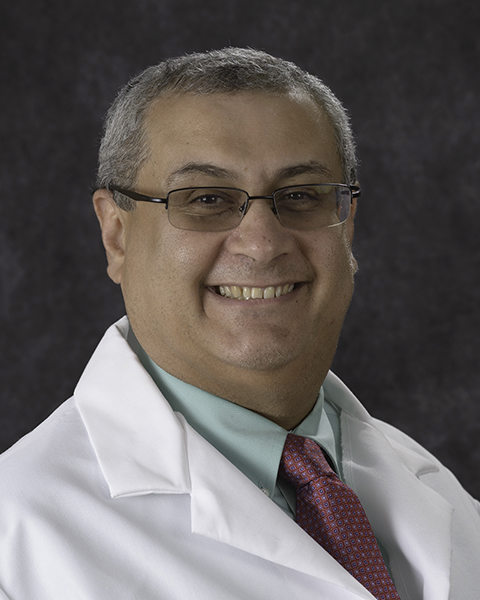


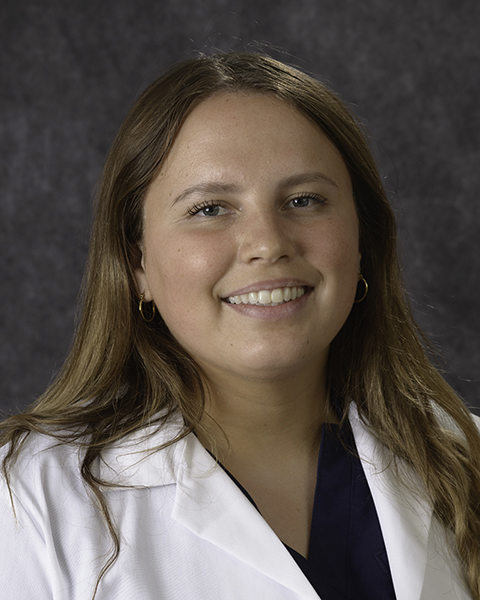
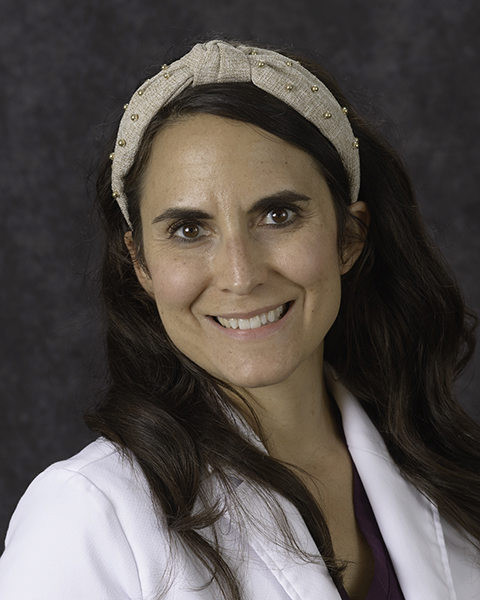

Cardiology
Hospitalists
Penn Highlands Mon Valley
UPMC Heart And Vascular Institute Monongahela

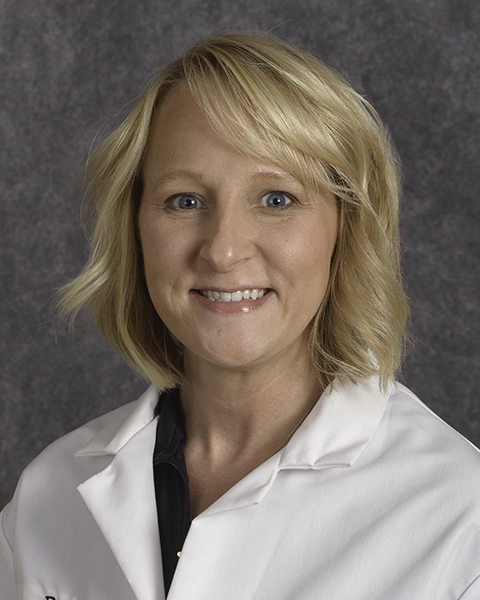
Emergency Medicine
Hospitalists
Emergency Department - Mon Valley
Penn Highlands Mon Valley

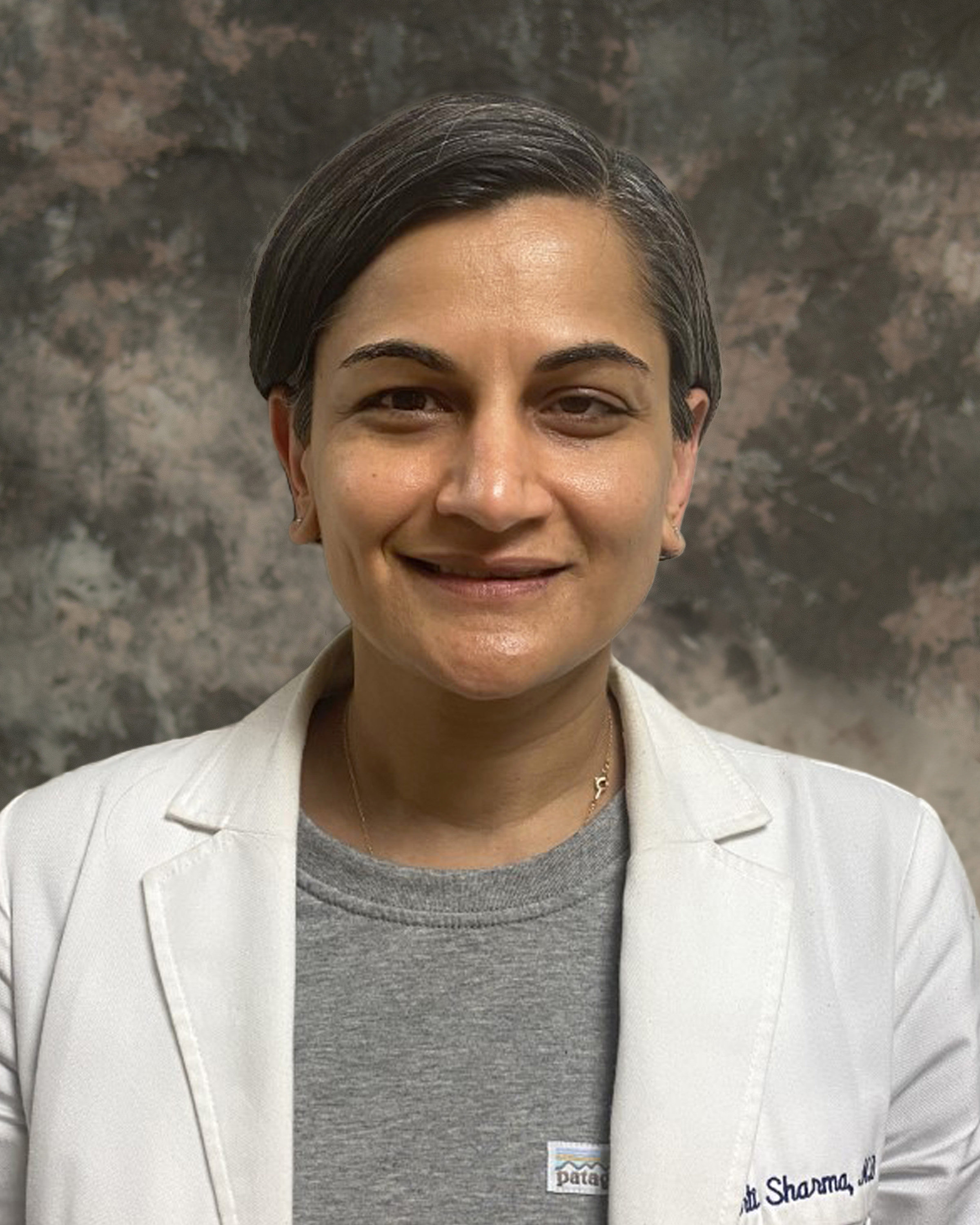

Emergency Medicine
Hospitalists
Emergency Department - Mon Valley
Penn Highlands Mon Valley


Hospitalists
Penn Highlands DuBois
Penn Highlands Huntingdon
Penn Highlands Tyrone

Addiction Medicine
Hospitalists
CNX Foundation Substance Recovery Unit
Penn Highlands Connellsville
Penn Highlands Mon Valley

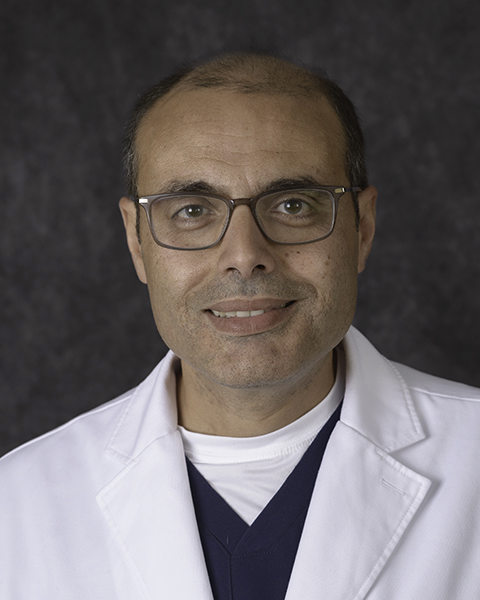

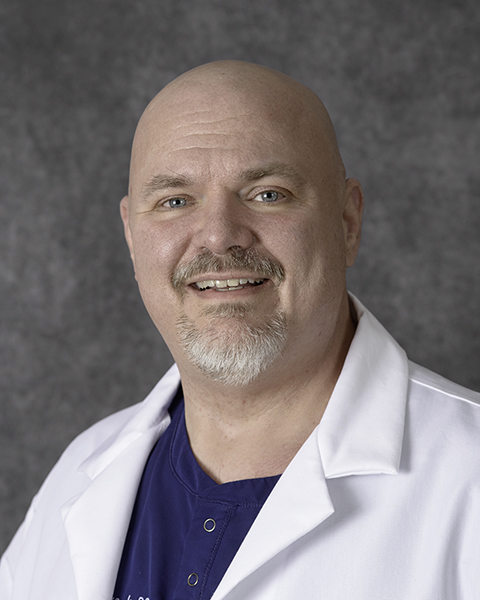
FAQs
What is the difference between inpatient and outpatient?
The biggest difference between inpatient and outpatient care is that inpatient requires a patient to stay in the hospital for at least one night while outpatient care allows the patient to go home. For inpatient care, your care is overseen by a physician, often a hospitalist, and nurses who monitor your vital signs and . Outpatient care can range from a general wellness visit to outpatient surgery.
What is offered at Penn Highlands Brookville Medical-Surgical Acute Care?
Penn Highlands Brookville Medical-Surgical Acute Care specializes in trauma, acute surgical care, and acute surgical diseases that require quick assessment and fast treatment.
Located on the 4th floor of the Patient Tower, Penn Highlands Brookville Medical-Surgical Acute Care is a 25-bed unit that provides care for general medical and surgical acute care patients. It is staffed by physicians and nurses that specialize in inpatient, 24-hour care for critical cases. We also offer our expertise to surgeons throughout Penn Highlands Health System in critical care situations.
What is the Intermediate Care Unit (IMCU) at Penn Highlands Elk and Penn Highlands Huntingdon?
The Intermediate Care Unit (IMCU) at Penn Highlands Elk and Penn Highlands Huntingdon provides more individualized care for patients who require closer monitoring than is typically available on the general floor. Our nurses are certified in Advanced Cardiac Life Support, and our hospital-based physicians are available 24 hours a day, seven days a week. Other professionals from varied disciplines add support whenever needed in the areas of respiratory therapy, nutrition, pharmacy, rehabilitation and care coordination.
Intermediate care unit patients may include those who have:
- Unstable arrhythmias that can be controlled with two or less IV antiarrhythmic medications
- Intermittent or continuous IV antihypertensive agents needs
- Chest pain/unstable angina controlled with medications
- Known acute myocardial infarction (MI) or evolving MI that are not candidates for interventional procedures or that refuse transfer to a higher level of care; these patients may have orders for limited treatment or do not resuscitate (DNR)
- Requirements for titration of two or more IV vasoactive drugs for blood pressure support
- To be monitored for medical clearance after a suicide attempt and are awaiting transfer to a psychiatric facility
- Septic shock and an established Do Not Resuscitate (DNR) or Do Not Intubate (DNI)
- Post-operative needs and require short-term ventilation, arterial line, central venous pressure (CVP), or other invasive line care and/or pressure support
- A gastrointestinal bleed that is not acutely bleeding or that is able to have surgery here
- A cerebrovascular accident (CVA)/TIA that is medical management only or DNR
- A cerebral bleed that is DNR or family/patient refuses intervention
- An atrial fibrillation/flutter with rapid ventricular rate
- Temporary/permanent pacemaker needs
- Arrhythmias controlled with medications
- Post-op major surgery needs with pre-existing cardiovascular and/or pulmonary disease, operative complications, or other existing diseases
- Short-term ventilator needs, defined as less than 48 hours
What is a swing bed?
Patients who might benefit from a swing bed are not sick enough to need acute care but are not yet strong enough to return home after an injury or illness such as joint replacement surgery or stroke. The Swing Bed Post-Acute Rehabilitation Program at Penn Highlands in Brookville, Huntingdon, St. Marys, and Tyrone are available for patients who don’t qualify for inpatient rehabilitation after post-acute rehabilitation care in an inpatient setting. Patients gain strength and mobility in the swing bed program and are then able to return home and continue with outpatient rehabilitation
What types of inpatient rehabilitation do Penn Highlands DuBois and Mon Valley offer?
The Rehabilitation Center of Penn Highlands DuBois and Mon Valley support patients who are referred from a medical professional, have a qualifying diagnosis, need physical therapy or speech therapy as well as additional other therapy disciplines, and have the motivation and patience to participate in 3 hours of therapy 5 days a week. Inpatient rehabilitation allows for more concentrated recovery and strength building in a focused rehabilitation setting. Inpatient rehabilitation includes: physical therapy, occupational therapy, and speech therapy in the hospital setting so inpatients don’t have to move from location to location.
What role does a hospitalist play for inpatient services?
Hospitalists play a key role in inpatient care as they are typically the main physician overseeing inpatients and coordinating tests, labs, imaging, and care in the hospital setting. A hospitalist can be a physician who is board-certified in internal medicine or a hospitalist may be an advanced practice provider (physician assistant or nurse practitioner) who is specially trained in inpatient care.
A hospitalist works exclusively in the hospital and is available when needed for all admitted patients. Because a hospitalist is focused on inpatient care, they can see patients multiple times per day, if needed, and they are familiar with each department of the hospital so that they can better assist patients in coordinating care for a speedy recovery. A hospitalist can follow-up on tests and make adjustments to treatment plans throughout the day and night based on results.
How is my primary care provider involved in my inpatient care?
During your hospital stay, your primary care provider is consulted and kept updated about your care. In fact, your hospitalist and primary care provider work in partnership, collaborating and communicating about your previous care, current diagnosis, medications and treatment plans. Your hospitalist is also typically in contact with any specialists you may be seeing to ensure continuity of care.
How does a hospitalist provide better inpatient care with shorter hospital stays?
Inpatient care is based on the latest evidence and ever-changing medical recommendations to ensure the best inpatient care with the shortest hospital stays. Hospitalists work hard to stay up-to-date with the latest evidence-based recommendations in order to offer expert care to you. While a typical doctor may see 10 patients each year with a certain illness or problem, a hospitalist may see 100 or more patients with the same problem annually. This experience helps hospitalists provide more efficient care, reducing the length of time patients need to be in the hospital and ensuring the best outcomes for our patients.
What is HospitalistNow at Penn Highlands Clearfield?
HopsitalistNow uses the technology of telemedicine for inpatients at our hospital in Clearfield to be evaluated remotely by a hospitalist at Penn Highlands DuBois. Our inpatients at Clearfield are always monitored by a highly-qualified advanced practice provider onsite, and HospitalistNow allows the hospitalist to virtually visit with the patient and provide a thorough examination. The patient and the hospitalist can see and hear each other, which allows for discussion about health concerns and care plans without requiring the patient to be transferred to a different facility.
All four of Penn Highland’s larger hospitals have hospitalists onsite while HospitalistNow allows us to offer remote hospitalist expertise at our more rural hospitals.



